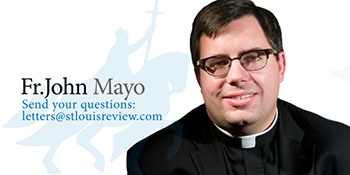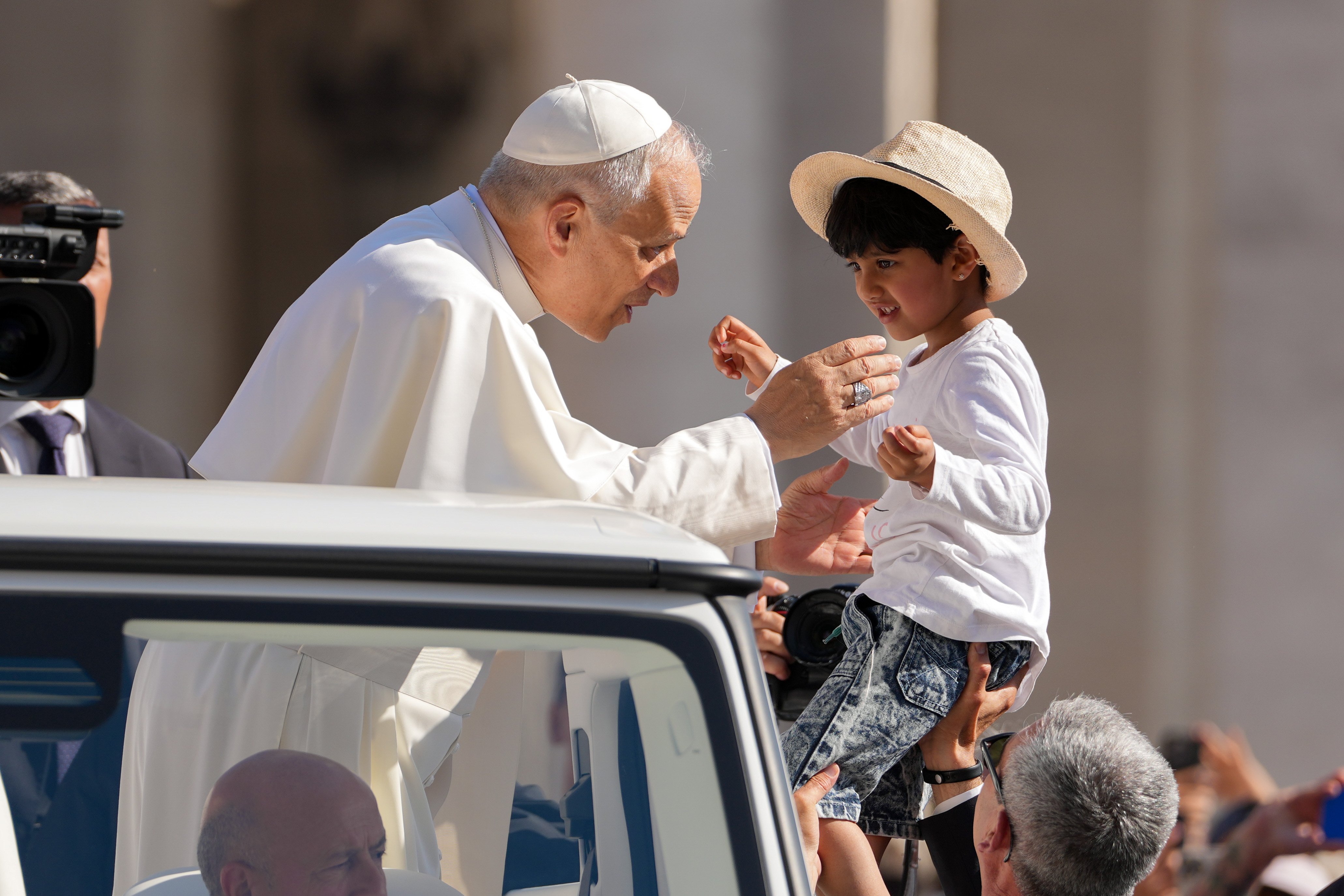DEAR FATHER | Importance of Church Fathers remains formative for our Church today
Who were the Church Fathers?
Blessed John Henry Cardinal Newman began life as a High Church Anglican. At Oxford, he became a leader within the Oxford Movement, which emphasized the Catholic elements of the Church of England to help reform it. Through his studies in this movement, particularly of the Church Fathers, he converted to Catholicism, eventually becoming a cardinal.

But who were these people that led him to convert? Obviously, by the name, they were the early leaders of the Church. Their leadership was marked not only by their courage under the threat of persecution but by developing and defending the faith of the Church.
To be considered a Father of the Church, four criteria need to be met. First, the person had to live before the end of the eighth century. This date is chosen because of the death of St. John Damascene, who is generally considered to be the last of the Church Fathers. Next, the person must be faithful in their teaching of the faith. Though they may develop a novel way to present an aspect of the faith, it must be faithful to what came before. Third, the person must be considered to have lived a life of sanctity. Lastly, the Church must acknowledge the person to be a Father.
The Church Fathers are divided into three eras.
The Apostolic Fathers learned the faith directly from the apostles and were appointed by them to follow in positions of leadership after their deaths. An example of a Church Father from this time is St. Polycarp, who learned the faith from St. John.
From this group emerged the ante-Nicene Fathers. These people lived between the Apostolic Fathers and the First Council of Nicea, which was the first Church Council, in 325 AD. St. Justin the Martyr, famous for his explanation of the Christian life to the Roman Emperor, was in this group.
The third age, called the post-Nicene Fathers, stretches from 325 to the death of St. John Damascene. Names such as St. Jerome and St. Augustine grace this group.
The importance of these leaders is still formative for our Church. At the Second Vatican Council, renewed interest and attention was given to the Church Fathers. When theologians, pastors, bishops and even the pope consider how to present the Christian message, these early leaders provide strong examples. In their readings of the Bible, their dealings with controversies in the Christian community, and responses to different ideas about the Church, their words and insights are highly valued to this day.
Over the past few years, the best of the Church Fathers’ writings have been compiled in several books. I encourage you to check one out and see how their thinking is still relevant to us living our faith today.
This column appeared in a previous edition of the Review.
Father Mayo is pastor of Holy Rosary Parish in Warrenton.



